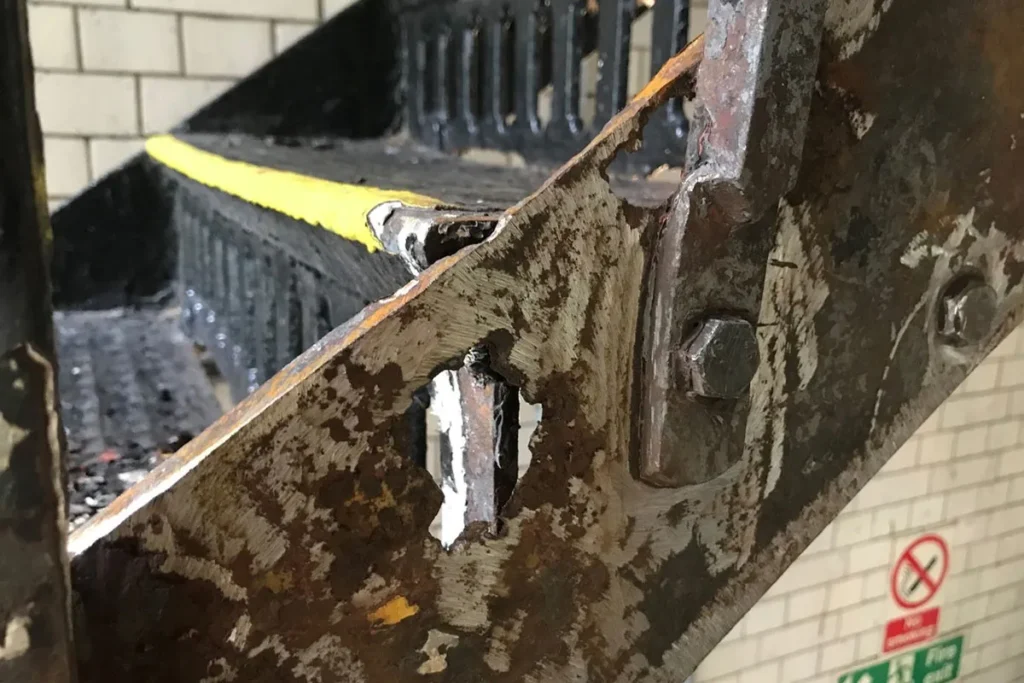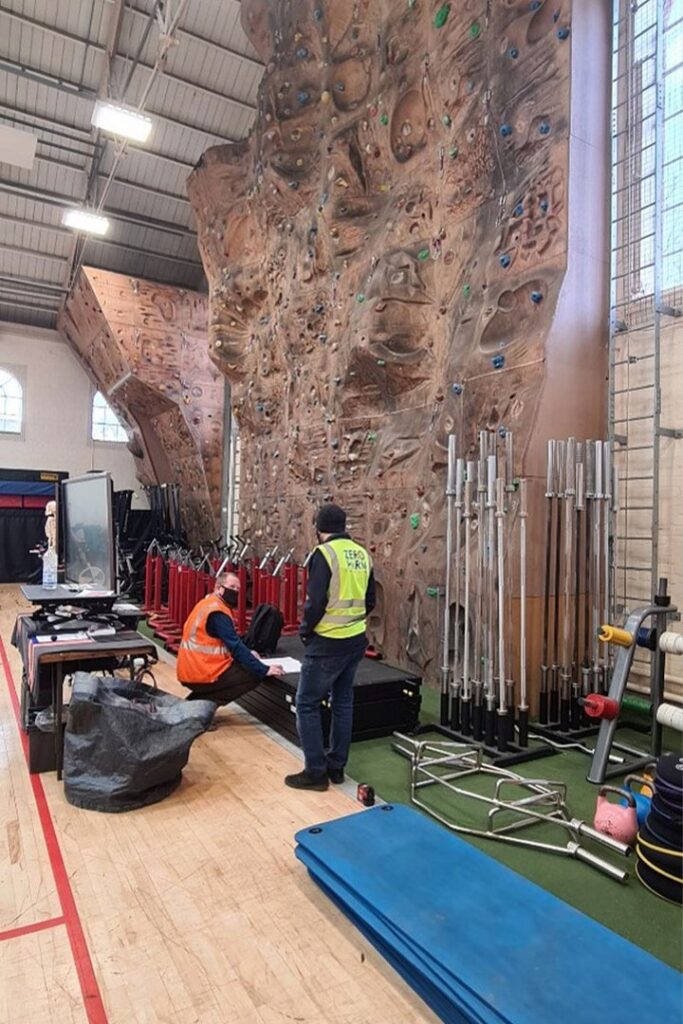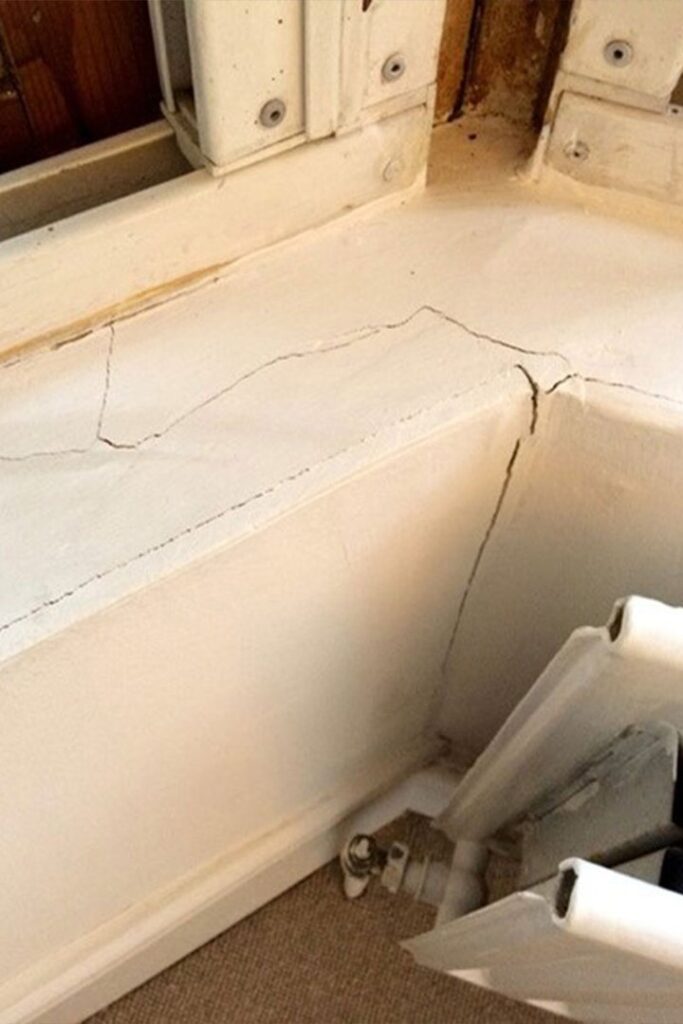
A structural engineer will provide you with expert insights tailored to the specific structural concerns you raise. Unlike an architect or building surveyor, a structural engineer’s role is highly specialised towards the integrity and stability of buildings and structures, ensuring that they are safe and able to withstand various forces such as wind, snow, and other environmental stresses.
A structural engineer will be able to identify any potential issues with the design or construction of a building and recommend solutions to address these issues.
They can also provide guidance on renovations or additions to existing structures, ensuring that these modifications maintain the structural integrity of the building.
Overall, a structural engineer plays a crucial role in ensuring the safety and longevity of buildings and structures.
- What is a Structural Engineer?
- Questions a Structural Engineer Might Ask Before a Site Visit
- What Will a Structural Engineer Discuss During a Structural Inspection Site Visit?
- What Will a Structural Engineer Include in Their Report?
- Conclusion: How a Structural Engineer Can Help You

What is a Structural Engineer?
A structural engineer is a professional who has undergone extensive education, typically earning a general structural engineering degree before specialising in structures such as buildings, towers, retaining walls, and bridges.
This training is followed by a period of supervised professional experience and a rigorous examination by a professional institution, such as the Institution of Structural Engineers (IStructE) or the Institution of Civil Engineers (ICE).
Upon passing the examination, the individual becomes a Chartered Engineer (CEng), recognised by the Engineering Council in the UK.
Key Roles of a Structural Engineer
Structural engineers can be categorised into two primary roles:
Designer: The structural engineer designs new or altered building elements, from foundations to roof structures, ensuring they can support the weight of the construction, equipment, furniture, and occupants, as well as resist environmental forces like wind and snow. This role often involves preparing a detailed set of structural engineer drawings that include calculations and structural evaluations critical for the project’s success.
Assessor: The structural engineer inspects existing constructions to evaluate their condition. In the process of a structural inspection, they identify issues such as cracks, sags, slopes, vibrations, and signs of movement. Based on their findings, they provide opinions on the current and future stability of the structure through a comprehensive structural assessment and recommend remedial works if necessary. This role also involves assessing existing support arrangements, often as part of a Building Control Regularisation process.

Key Roles of a Structural Engineer
Before conducting a structural engineer site visit, a structural engineer will typically ask you several questions to gather preliminary information about your concerns. This helps them better understand the situation and prepare for the structural inspection. The questions might include:
- General Property Information: The engineer may ask for details such as the type of property you own (e.g., a 3-bedroom, 2-storey, semi-detached Victorian house with a cellar and no loft conversion). This helps the engineer anticipate the structural characteristics typical of such a property.
- Building Defects: If you’ve noticed any defects, or if they’ve been reported by a building surveyor or mortgage valuer, the engineer will ask about the type, location, and extent of these defects. Providing any associated reports or documentation can be very helpful at this stage for an accurate building defects assessment.
- Wall Removal Plans: If you plan to remove a wall, the engineer will request copies of floor plans showing the wall’s context within the property. They may also ask if floorboards can be lifted or openings made to inspect existing beam or joist arrangements, particularly in traditional houses. This will help them provide precise wall removal structural advice.
- Chimney Breast Support: If the project involves a chimney breast, the engineer will likely ask for floor plans and confirmation of safe access to the loft space, as this will be essential for the site visit.
- Conversions (Loft, Barn, Garage): For projects involving conversions, the engineer will ask for existing and proposed layouts. They will need to know whether you are seeking a feasibility assessment or a final design.
- Extensions (Rear and/or Side): The engineer may request architectural plans and sections from the planning stage to understand the scope of the proposed works before the site visit.
- Subsidence Issues: If there are concerns about subsidence, the engineer will ask for any historic documents, including structural reports, loss adjuster reports, arboriculturalist assessments, drainage reports, ground investigation results, and completion certificates.
- Earth Retaining Walls: If earth retaining walls are involved, the engineer will ask for property plans and/or photographs to assess the situation before the site visit.
- Legal Disputes: In cases involving legal disputes, the engineer will ask for a brief from your solicitor detailing the scope of service required, especially if a CPR (Civil Procedure Rules) compliant report is needed.
What Will a Structural Engineer Discuss During a Structural Inspection Site Visit?
After gathering the initial information, the structural engineer will conduct a site visit to inspect the property first hand. During this visit, the engineer may provide an initial structural evaluation of the situation. However, they may not be able to offer definitive conclusions or recommendations on the spot. Here’s why:
- Defects Inspection: During the site visit, the engineer will observe the property and discuss general findings. However, they might need additional time to fully consider their observations, possibly conducting further research and collaboration after the visit, such as reviewing geological records or consulting technical publications, which could influence their final assessment. Their final report may also need to be peer-reviewed before being sent to you.
- Design-Related Inspection: For design-related projects, the engineer may comment on support issues they observe, particularly regarding existing constructions (e.g., wall removals, new masonry piers, or steel posts). However, final design decisions and details are typically completed in the office and reviewed by a colleague for accuracy.
What Will a Structural Engineer Include in Their Report?
Following the site visit and any further analysis, the structural engineer will prepare a comprehensive report based on their findings:
- Defects Inspection Report: The report will describe the defects observed during the visit, offering an opinion on their severity and cause. The engineer will assess whether these issues are due to foundation movement, structural instability, or other factors. The report may also discuss whether the damage is likely covered by insurance and recommend remedial works or further investigations as necessary.
- Historic Subsidence Assessment: For subsidence-related concerns, the report will detail the inspection of any cracks, deflections, or signs of differential settlement. The engineer will comment on whether these issues are linked to historic or recent foundation movement. They will also consider the impact of nearby drainage and trees (including any that have been removed) and provide an assessment of the site’s geology and its potential influence on foundation stability.
- Design Drawings: For design projects, the drawings will include calculations and details of structural elements such as foundations, ground slabs, beams, posts, joists, and rafters. This documentation will be suitable for obtaining builder quotes and submitting to Building Control under a Building Notice or for securing a Regularisation certificate as required.
Conclusion: How a Structural Engineer Can Help You
A structural engineer’s primary goal is to provide you with the information you need to address your specific structural concerns.
By conducting thorough site investigations and structural assessments, a structural engineer can identify potential issues and provide recommendations for ensuring the stability and safety of your structure.
Their expertise in analysing the impact of factors such as drainage, trees, and geology can help you make informed decisions during the design and construction process.
Additionally, the detailed design report produced by a structural engineer will not only assist in obtaining accurate builder quotes but also ensure compliance with building regulations.
This report might involve a thorough analysis of defects observed in your home, recommendations for remedial works, or the necessary calculations and drawings for new construction.
Ultimately, working with a chartered structural engineer can give you peace of mind knowing that your project is in capable hands and that the structural integrity of your building is being prioritised.
Whether you require an assessment of building defects, an evaluation of unclear structural support, or the design of new structural elements, our chartered structural engineers will deliver a detailed report that addresses your needs.
You can visit our testimonials page to hear directly from our satisfied clients and see how our chartered engineers helped them achieve peace of mind with expert structural evaluation solutions.